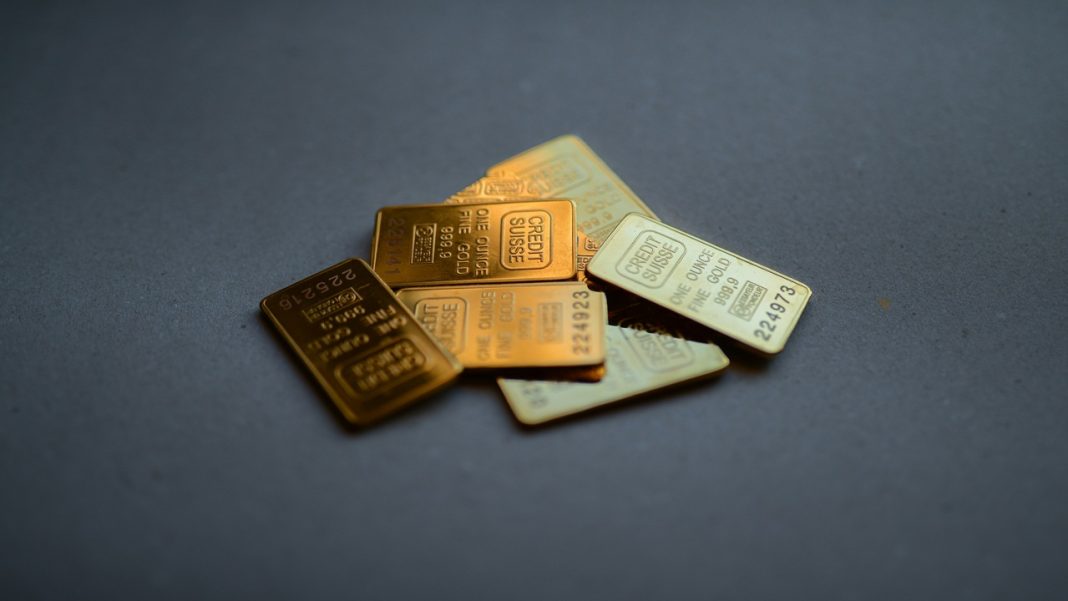Here is an overview of Gold Rate Today for 14K, 18K, and 24K, covering how rates are determined and its recent trends. For more updates on Todays Gold rate and Today’s currency exchange rates, visit India Focus Daily News.
What are 14K, 18K, and 24K Gold?
Gold purity is most commonly expressed in karats (K).
24K gold is nearly pure gold (~~ 99.9%) and is used mostly for bullion, coins, or investment grade gold.
18K gold contains 75% gold and 25% other metals (copper, silver, etc.). It strikes a balance of purity and durability, making it common in jewellery.
14K gold has about 58.3% gold and 41.7 % alloy; it is harder and more affordable, sometimes preferred for fashion jewellery but less common in India than 22K or 18K.
In India, 22K (~~ 91.6% GOLD) is traditionally the most used purity for jewellery, but lower carats like 18 K and 14 K appear in modern or designer jewellery lines.
Current Gold Rates & Recent Trends
Gold rates fluctuate daily. It is affected by global bullion markets, currency movements (rupee vs. the US dollar), import duties, local demand, and taxes. In India, rates also differ by city, jeweller, and finishing/making charges.
As a reference point, in Chennai during the end of September 2025, the per-gram rates were: ₹11,466 for 24K, ₹10,510 for 22K, and ₹8,700 for 18K. These rates exclude GST, making charges, and local premium. Jewellery shops often add these rates.
National average indicative rates (for 24K) have varied in recent months. For example, around ₹9,720/gram are included for 24K and ₹8,911/gram for 22K in May 2025.
As 14K gold is less common in India, widely quoted rates are not often found. However, we can approximate it from the 24K price: since 14K is ~58.3% gold, its “pure metal” component will be lower. (But jewellery shops may also add higher premiums or margins.)
Gold has recently been hitting record highs in India. For example, gold per 10 grams reached ≈ ₹1,19,500 in certain markets as of late September 2025. This appreciation is tied to a weak rupee, safe-haven demand, and global uncertainties.
Also, in the “grey market” (non-invoiced sales), gold has been trading slightly above official quoted rates, reflecting excess demand over formal supply.



